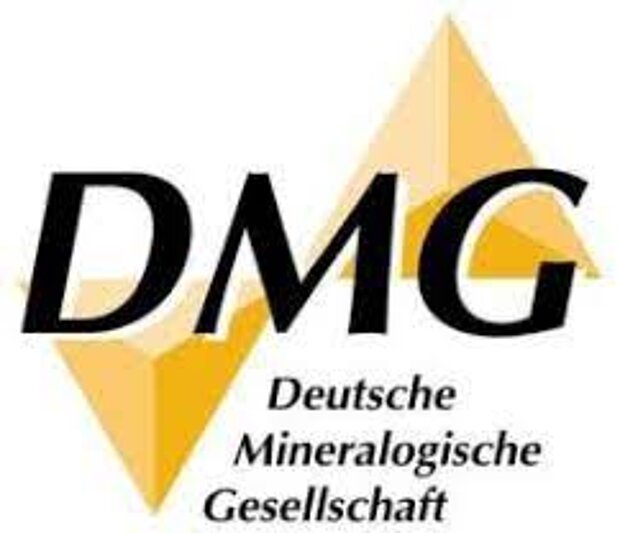The Geoscience Student Experience and Interest Network (GeStEIN) e.V.offers German-speaking students of the geosciences an exchange platform, represents the interests of German-speaking geoscience student bodies in public and sends members to working groups and advisory boards of various geoscience societies. They edit the results of the Bundesfachschaftentagung (BuFaTa) and communicate these internally and externally via various platforms.
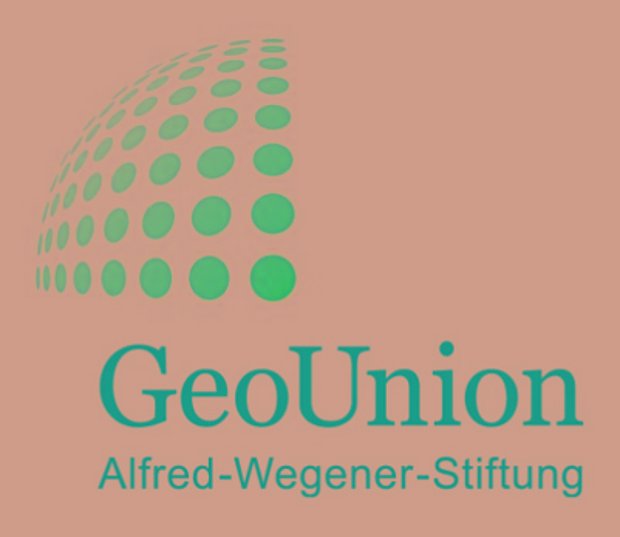
The GeoUnion Alfred Wegener Foundation is a non-profit foundation under civil law that acts as an umbrella organisation for geoscience academic societies and research institutions in Germany. Founded in 1980, it promotes science, research and teaching. For instance, the foundation presents awards for outstanding contributions to the geosciences. The aim of GeoUnion is to strengthen interdisciplinary cooperation and to raise public awareness of the importance of the geosciences.
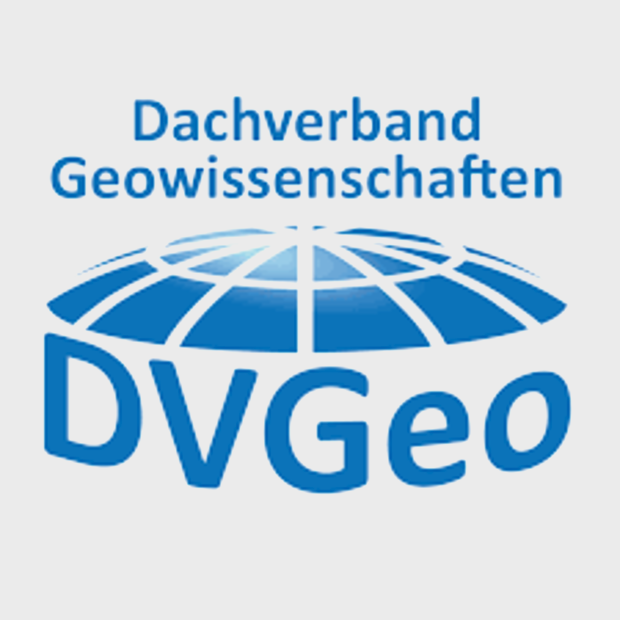
The DVGeo (Umbrella Organisation for Geosciences in Germany) is the joint representative body for geoscience associations in Germany. It raises public awareness of geoscience issues and represents the interests of the geosciences in politics, education and society. DVGeo is supported by major associations specialising in geology, geophysics, mineralogy, and palaeontology. It represents nearly 10.000 Geoscientists and is situated in Berlin.
The German Geological Society - Geological Association (DGGV) is an international, non-profit organisation in the geosciences with over 3500 members from more than 64 countries. Prominent founding members of the society, which was founded in 1848 in Berlin as the German Geological Society (DGG), included Alexander von Humboldt and Leopold von Buch.
The "Deutsche Mineralogische Gesellschaft e.V." (DMG) is a scientific and non-profit society with the purpose of promoting the mineralogical science with all its sub-fields in teaching and research and to facilitate the personal and scientific relations of its members among each other.
The German Geophysical Society (DGG) is a scientific association open to anyone interested in geophysics, regardless of nationality or place of residence. With around 1,200 members from over 35 countries, it promotes geophysics in research, teaching and practice. Topics covered by the DGG include seismology, geomagnetism, geothermal energy and final repository geophysics.

The Paläontologische Gesellschaft promotes research and scientific exchange. In this capacity, it functions as an intermediary between science and the public sphere and maintains international networks. With over 800 members, the society is one of the largest associations of scientists, collectors, students, patrons of science and culture, and persons with a common interest in this field. The Paläontologische Gesellschaft is internationally oriented. Its journal, the Paläontologische Zeitschrift, is its most important medium of publication and is of international interest.
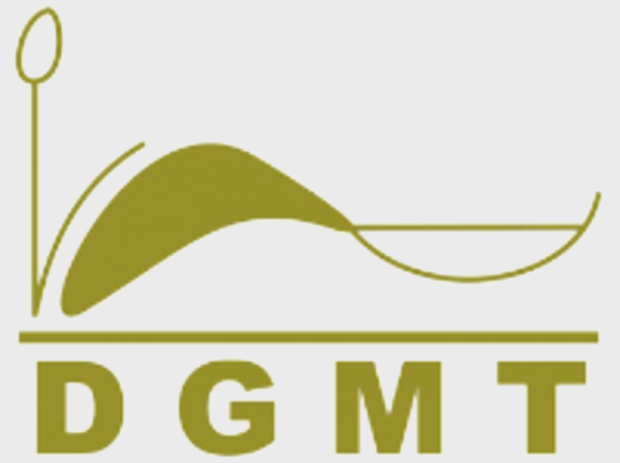
The German Peat Society (DGMT) is a scientific and technical organisation committed to researching and protecting moors and peatlands. The DGMT promotes interdisciplinary exchange between scientists, practitioners, and interested parties, and is committed to the sustainable management of these ecosystems. The DGMT organises conferences and publishes research results, as well as being involved in environmental education.
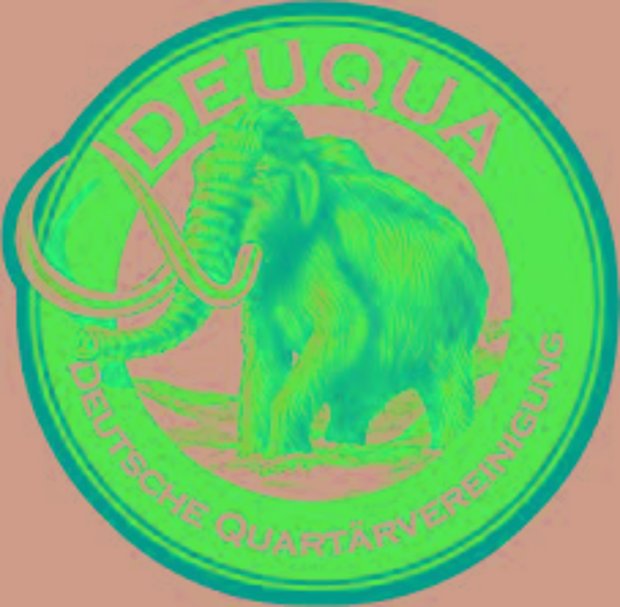
The German Quaternary Association (DEUQUA) is an academic society dedicated to researching the Quaternary period, the most recent geological epoch on Earth. The society promotes the exchange of ideas among Quaternary scientists studying processes such as climate development, ice ages, and landscape changes.
NFDI4Earth is the consortia within the framework of the National Research Data Infrastrucutre (NFDI), that adresses addresses the digital needs in Earth system research. NFDI4Earth is a community-driven process providing researchers with FAIR, coherent, and open access to all relevant Earth System data, to innovative research data management and data science methods.
The Specialised Information Service Cartography and Geodata (FID KARTEN) primarily provides access to topographic and thematic maps in analogue and/or digital form as well as special directories and structured assistance in obtaining geodata. The FID KARTEN increasingly enriches the Bibliographia Cartographica (bibliography of international scientific cartographic literature) with freely accessible online publications and maintains the Open Access domain repository KartDok.
To scientists of mining and metallurgy, deposit science, prospecting and processing with recycling, as well as the feedstock industry, the Montanportal will offer information research for reports, statistics, research results, guidelines and other publications.



